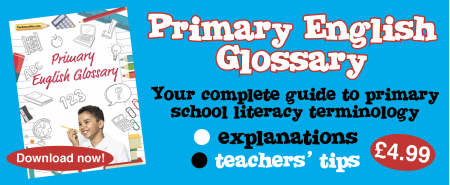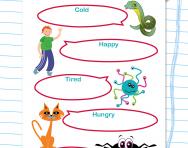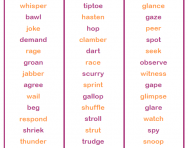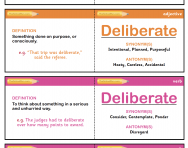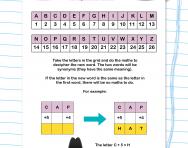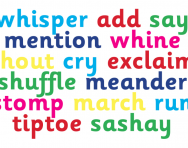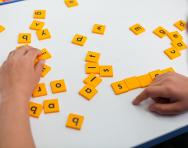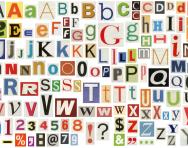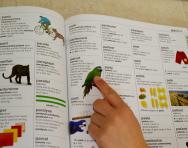What are synonyms and antonyms?
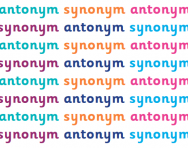
What is a synonym?
Synonyms are words with the same or similar meanings. For example: 'joyful' is a synonym for 'happy'.
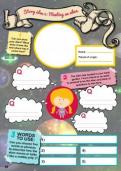
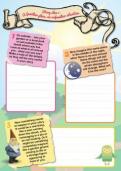
Download a FREE Creative Writing toolkit!
- KS1 & KS2 workbooks
- Bursting with fill-in prompt sheets and inspiring ideas
- Story structure tips, style guides and editing suggestions
What is an antonym?
Words with opposite meanings are called antonyms. For example: 'miserable' is an antonym of 'happy'.
How are synonyms and antonyms taught in primary school?
Throughout their time at primary school, children will be encouraged to think of more interesting words to replace 'boring' adjectives such as 'happy,' 'sad' and 'scared.'
It is really important that their vocabulary widens rapidly, so that they are able to make their writing as rich and engaging as possible.
Knowing plenty of synonyms for common words is a big part of this.
For example, if a child wants to write that a character in their story is scared, their writing will be make much more of an impact if they run through a list of words similar to scared and then decide on the one they think works the best, such as terrified, anxious, petrified, apprehensive, fearful, jittery, nervous.
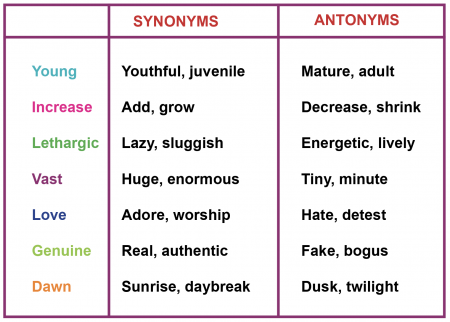
As outlined in the national curriculum (revised in 2014), children in Year 6 learn the term 'synonym' and what it means.
Teachers encourage this expansion of vocabulary in the following ways:
- Providing children with laminated word banks on their tables. Children may be given a lists of synonyms to support them in improving their writing; for example, they may have a list of words that could be used instead of 'said' such as: whispered, shouted, screamed, replied, babbled, agreed, boasted.
- As a class, compiling lists of interesting vocabulary and making it part of the class display so children are constantly exposed to good vocabulary. For example: a teacher might have a list of words similar but more interesting than 'walked', such as: trudged, scuttled, scurried, stomped, sprinted, tiptoed.
- Giving children a thesaurus (a dictionary of synonyms and antonyms) in which to look up words to improve their vocabulary. Teachers may give children this activity to do after they have completed a piece of writing. They may ask them to go through and underline all the adjectives and then look up alternative, better words for these adjectives.
- Word activities, where children are given word cards with various groups of synonyms which they have to put into groups according to meaning.
The more children are exposed to a good range of vocabulary the more likely they are to use it in their writing on a regular basis.
Synonyms and antonyms in verbal reasoning
Finding synonyms and antonyms of words is part of verbal reasoning and children taking the 11+ exam are likely to be asked to work out lists of specific synonyms and antonyms in Cloze-test-style question types.

Give your child a headstart
- FREE articles & expert information
- FREE resources & activities
- FREE homework help
